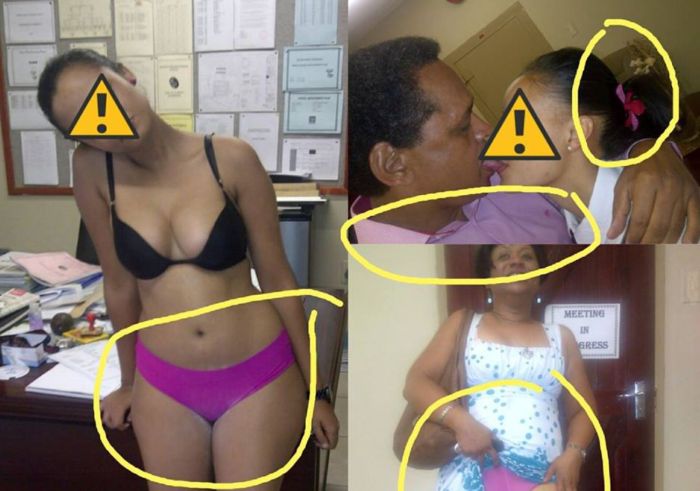BY FOCUS MAGANGA
Dear friends,

Just thought I should share with you, the process of processing exam grade in public universities. I believe by knowing the process, you might adequately contribute to the issue of “sexually transmitted grades” in public universities.
At The Polytechnic, for example, lecturers are required to administer three continuous assessments of which students receive feedback to all of them, and in special circumstances, to two of these assessments. This contributes to students’ coursework that is computed by a system.
And lecturers meet just after entering mid-semester exam into the system to review students’ performance as reflected on their coursework grades. At this same time, the students also submit their review of performance of each module through the quality assurance directorate.
At the assessment meeting, we generally review performance of students in general, but also specifically look at students with odd performances. For example, if a student performs outstandingly in all modules but one, the lecturer is tasked to give a convincing explanation of the poor performance of a student in their particular module. The students’ side of the story is covered through anonymous review that is managed by quality assurance directorate.
Further, at the beginning of a semester, lecturers submit their exam paper married with model answers to the department. Before the submission, all lecturers at the department meet to internally moderate each paper and see to it that tools of assessment used in the paper matches with the standards expected of the level of students to write that paper. Finally, these question papers are sent to a senior academic, outside of the university, to externally moderate the papers and recommend any changes. Through this process, the possibility of a lecturer of forming a paper to punish any student is ruled out, because the end exam paper is a product of collective input.
Once students write their exam papers, lecturers meet again to discuss the grades at a departmental level. They check distribution of grades and inquire any anomalies that can be seen from the results. But maybe lecturers at the department level can be biased. And so the results go to another level, faculty assessment. Here, the exams are presented to the whole faculty to be discussed and approved at a higher level.
Then they go to the college level to be looked at by college representatives. That is not all. They are finally looked at by the Senate- comprising members from all constituent colleges, and once approved at that level, the exam results are officially released. It is now the registry that handles the results. Students receive their feedback. And if there is any student who is not satisfied with the results, they apply, through the office of the vice chancellor, to have their paper remarked. The vice chancellor delegates their powers to the head of department to earmark another lecturers to remark the paper. The second lecturer is provided with the same question paper and marking key/rubric used by the first lecturer. If the remarked grade is significantly different from the initial grade, the lecturer who handled the module is called for disciplinary hearing.
Again, the marked scripts are kept for some years, and the quality assurance directorate does call for them to be audited. So the issue of cooking a grade can be picked in the auditing process. Because another lecturer remarks the scripts to see if marking process was satisfactory.
I am also privileged to have taught at College of Medicine. There, several lecturers deliver a single module. And when marking, lecturers handle sections/questions so that the final grade is a computation of several sections marked and entered by several lecturers.
Declaimer: I am writing in my personal capacity.


